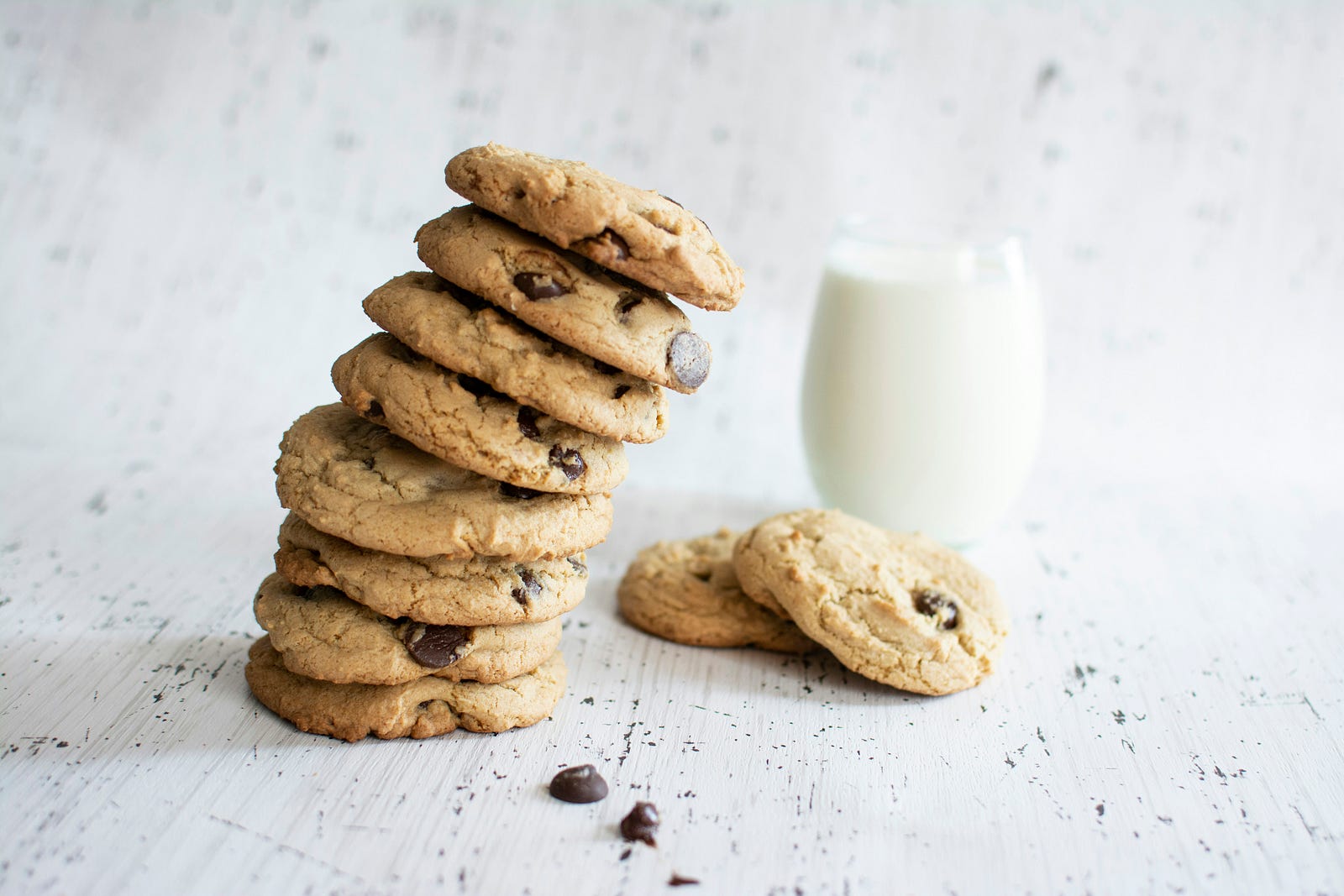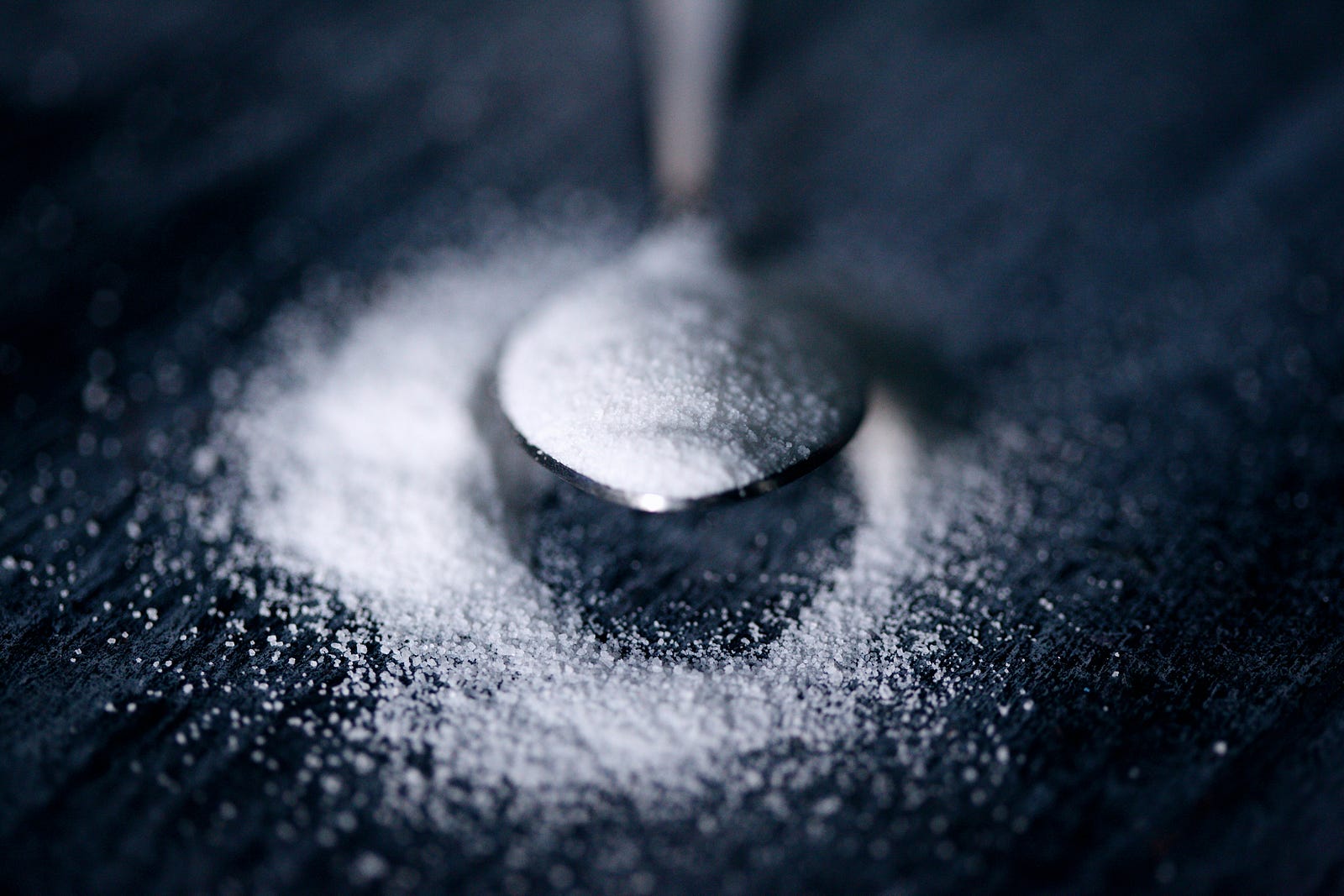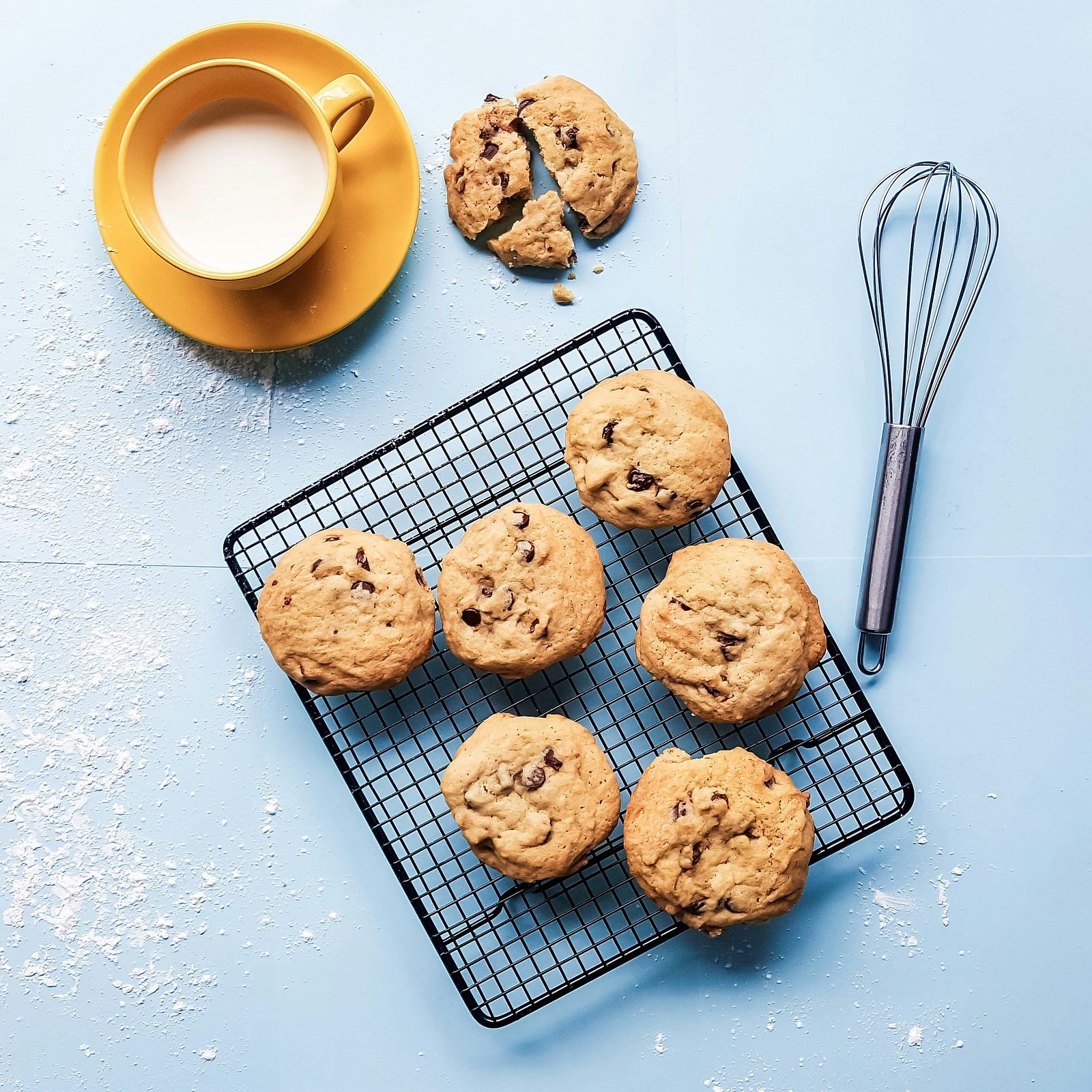
Sugar Swap Smackdown: Stevia Cookies vs. Regular Cookies — Can You Have Your Cake (and Eat It Too)?
I FIND COOKIES TO BE A DELICIOUS (but sometimes regrettable) indulgence. I crave the sweet satisfaction but worry about the sugar spike and potential weight gain. Today we explore stevia vs. regular cookies.
But what if I could enjoy one of my favorite treats (a node to a well-made chocolate shake or mousse) without guilt?
A novel research investigation explores the potential of stevia, a natural sweetener, as a game-changer in the cookie world.
Goals
In this brief essay, I will explore a new study examining if swapping sugar for stevia in biscuits would affect appetite and blood sugar levels.
For those of us with a sweet tooth, cookies are a delicious indulgence that often comes with a side of guilt. Photo by Mae Mu on Unsplash
I crave the satisfying sweetness, but the looming blood sugar spike and potential weight gain can leave me conflicted.
I know, I know: I am overthinking.
But what if there was a way to enjoy our favorite treat without the downside?
Stevia, A Therapeutic Sweetener?
New research explores the potential of stevia, a natural sweetener, as a game-changer in the cookie aisle.
A non-nutritive sweetener has little to no calories. Stevia is a potential healthful alternative to added sugar in many meals and beverages.



This study investigated whether swapping sugar for stevia in biscuits (a fancy term for cookies outside the United States) would affect human participants’ appetite and blood sugar levels.
Before I get into the study, I must share this:
The study is carefully designed but funded by industry. Please interpret what I share with a modicum of skepticism. With only 53 subjects, I consider it to be a hypothesis-generating or pilot study.
In this context, I will be relatively brief.
Study Results
Here’s a concise summary of the key findings from the stevia-sweetened biscuit study:
- Appetite Control: This study found that stevia-sweetened biscuits, formulated with either stevia rebaudioside M or neotame, were just as satisfying as sugar-sweetened biscuits. People felt equally full after consuming them, regardless of the sweetener used.
- Blood Sugar Benefits: Here’s what got my attention: The stevia-sweetened biscuits led to a significant decrease in blood sugar and insulin levels compared to the sugar-sweetened ones. This finding suggests stevia might be a helpful sugar substitute for those managing blood sugar or with diabetes.
Photo by Christina Branco on Unsplash
Overall: These findings are promising for using stevia as a sweetener in cookies and potentially other baked goods. Stevia offers similar satisfaction without the blood sugar spike associated with sugar.
Why Stevia Doesn’t Spike Blood Sugar
Unlike sugar, which gets absorbed quickly and triggers blood sugar spikes, stevia works differently.
Because the body doesn’t fully metabolize stevia, it doesn’t significantly raise blood sugar levels.
This lack of blood sugar impact makes stevia a promising alternative sweetener for people with diabetes or those focused on blood sugar management.
Other Considerations: Stevia vs. Regular Cookies
However, there are a few key things to consider:
- Specific Stevia Compound: This study investigated stevia rebaudioside M, just one of many components in the stevia leaf. Different extracts and formulations might have different effects.
- Hidden Sugars: Some stevia-based sweeteners may be blended with other sugars or fillers. Always check the label for added sugar content to ensure a truly low-glycemic option.
Photo by Alexander Grey on Unsplash
According to the Mayo Clinic (USA), stevia is non-caloric and doesn’t significantly impact blood sugar levels. Unlike sugar, which is rapidly absorbed by the body and causes blood sugar to spike, stevia is non-caloric and doesn’t significantly impact blood sugar levels.
This makes it a promising alternative sweetener for those with diabetes or anyone looking to manage their blood sugar.
The Future of Stevia-Sweetened Treats
This research adds to the growing body of evidence exploring stevia’s potential as a healthy sweetener.
As food science evolves, we might see more delicious and innovative stevia-based treats emerge.
However, I am not ready to suggest you grab a Stevia-sweetened option.
This study is remarkably small and industry-funded. I also want to understand better the effects of artificial sweeteners on our gut microbiome. But that’s a topic for another day (and I promised to keep this essay relatively brief).
A Few More Thoughts: Stevia vs. Regular Cookies
Artificial sweeteners might not be the magic bullet for weight loss or healthy eating we once thought, especially if you go overboard on them.
Scientists are still figuring things out, but for now, moderation is key.
Sugar alcohols like mannitol, sorbitol, and xylitol can also be tricky.
While they have fewer calories than sugar, they can still raise your blood sugar and give some folks diarrhea. Just something to keep in mind.Photo by Rai Vidanes on Unsplash
Microbiome
Finally, I discovered an inconsistency in the clinical literature regarding whether stevia affects the gut microbiome.
As for me, the occasional cookie (with the real stuff) is a guilt-free indulgence.
This habit has improved compared to my historical habit of being the Cookie Monster!


